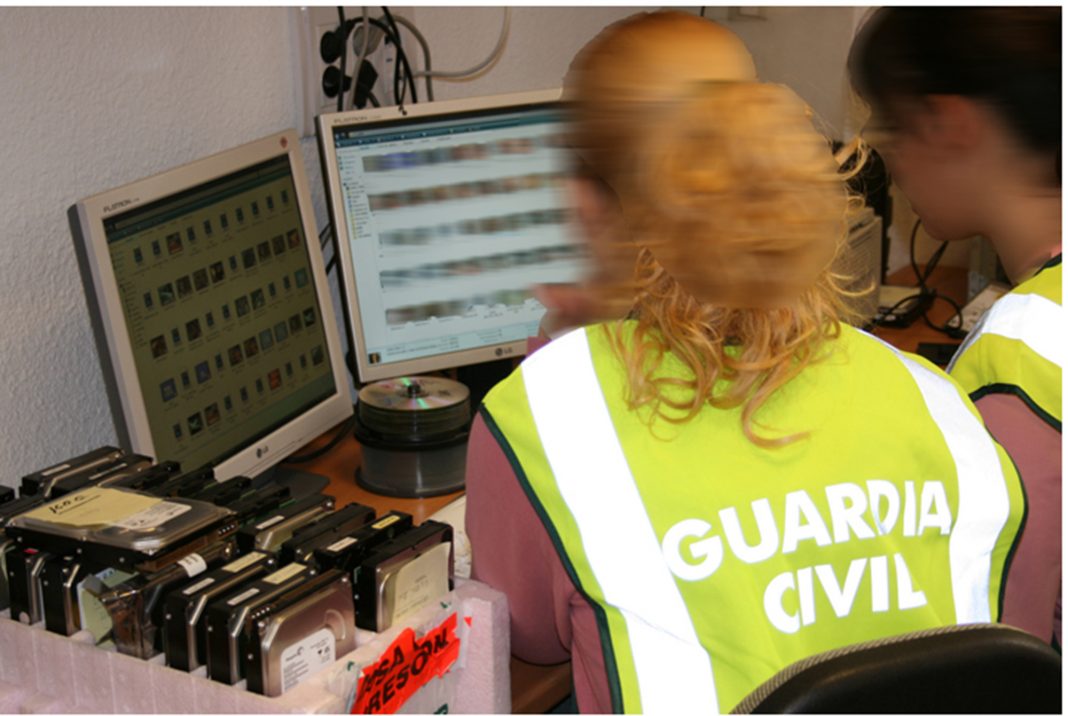Few sex crimes bring more negative connotations to mind than those related to child pornography so it is somewhat disappointing that Alicante Province has the third most detainees for having, producing or sharing child pornography in the whole of Spain.
Between 2016 and 2017 there were 51 arrests, while so far this year there have been 11 people who have been detained with evidence provided by the Group of Technological Crimes of the Provincial Police Station of Alicante.
It is they who patrol the darkest corners of the web looking for users, “viewing the content of which is not a job for anyone,” they say.
The Group of Technological Crimes deal with the bulk of investigations relating to child pornography, and the corruption of minors, in five ways. One is as a result of a complaint at a police station, another is their anonymous complaints portal and a third is via the providers of services such as Facebook or Twitter, which detect the content and communicate it to them. The fourth and fifth are the “cyber patrols” which are the operations that trigger others.
The “cyber-patrol” is to the Internet what the patrol car is in local neighbourhoods. An agent goes into and reviews public content that is available to us all. Then, via a network of material exchange, the police database, housing millions of images and videos of child pornography is compared, a storehouse that has been contributed to by police from all over the world. If the file information matches, the Group has another case to deal with.
It is this part of Internet that most users use, but of the 25 detainees arrested last year a number of them shared their documents on the Dark Web, a hidden area in the search engines that can only be accessed through a special web browser. “The Dark Web is the dark part of the Web, where the worst of the images can be found, where photographs are displayed, exchanged and sold,” explains Santiago Calderón, head of the Technological Crime Group in Alicante.
Research in this area is not easy because there are hidden forums, which people can enter anonymously. In addition, users don’t only share content they also use the forums to advertise for people who will make child pornography to order. “We have found cases where people are paid a certain amount of money in exchange for which they travel to Southeast Asia, record child pornography with minors and then share the material,” says Calderón.
In order to make the 27 arrests for the cases in 2017 or the 11 so far in 2018, a group of five policemen has to view the child pornographic content in search of possible evidence to determine whether, apart from the possession, there has been the production of any material.
So day after day. “If someone is not able to view these types of images, they cannot be members of the team. We have had many colleagues who have joined with us but then found they cannot stomach the job that they are required to do, “says Calderón while emphasising the hard work that his staff are required to do.
Online crimes of child pornography are a top priority, but ridding the internet of this content is difficult, so it is important that we maintain the very best task force that we can, something of which the Alicante Province is very proud.





